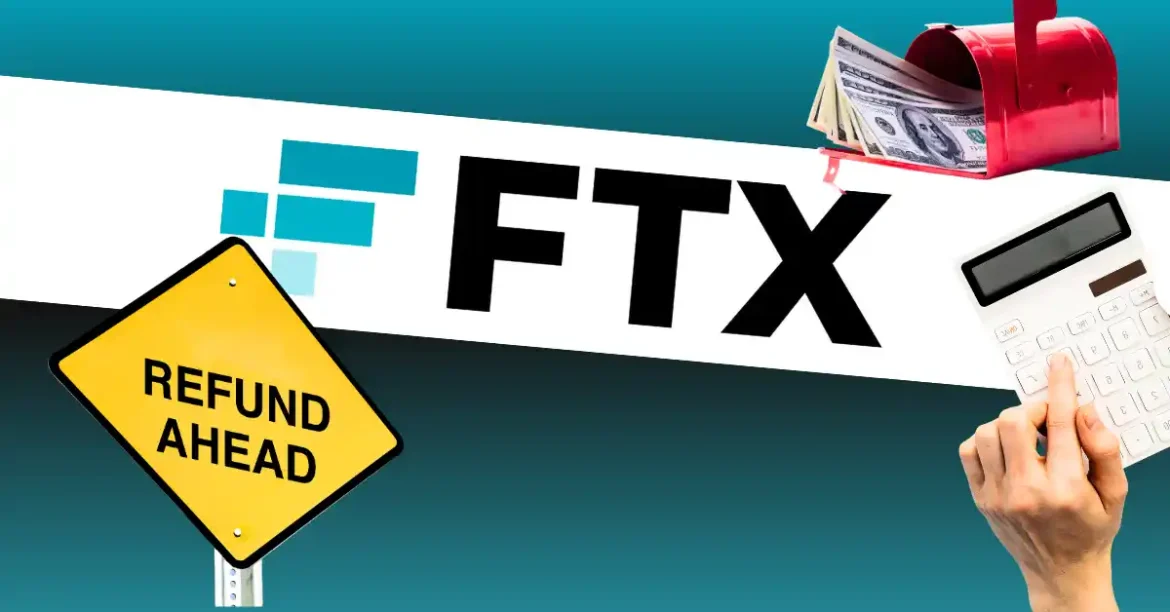The collapse of FTX in November 2022 sent shockwaves through the cryptocurrency world, leaving creditors worldwide in a state of uncertainty. As the dust settles, the complexities of repaying these creditors are becoming increasingly apparent, particularly concerning jurisdictions with stringent crypto regulations. The FTX Recovery Trust’s recent decision to freeze payouts in 49 regions highlights the significant hurdles in navigating the diverse legal landscapes governing digital assets. This action, impacting approximately 5% of total claims, primarily affects countries like China, Nigeria, Fiji, Andorra, and Zimbabwe. While seemingly a small percentage, the implications are far-reaching, underscoring the intricate interplay between crypto, law, and international finance.
The Jurisdictional Quagmire
The core issue lies in the varying legal stances on cryptocurrency across the globe. Some countries have embraced digital assets, creating regulatory frameworks to foster innovation. Others have adopted a more cautious approach, imposing restrictions or outright bans on crypto trading and related activities. This divergence creates a complex web for the FTX Recovery Trust, which must navigate these disparate legal environments to ensure compliance and avoid potential legal repercussions.
The decision to freeze payouts in these 49 jurisdictions is not arbitrary. It stems from the need for legal clarity on whether disbursing funds to creditors in these regions would violate local laws. This “hold-and-review” framework, as described in court filings, is a necessary step to protect the Recovery Trust from potential legal challenges and ensure a fair and orderly distribution of assets.
China, in particular, presents a significant challenge. With a blanket ban on cryptocurrency trading and related activities, the legal landscape is murky. Chinese users constitute a substantial portion (82%) of the claims originating from these restricted regions, making the resolution of this issue paramount. The Chinese government’s stance on crypto extends beyond trading, encompassing broader restrictions on the use of digital assets. The Chinese government has been particularly stringent, with the People’s Bank of China (PBOC) issuing multiple warnings and bans on crypto-related activities. This has created a situation where even the mere possession of cryptocurrencies can be considered illegal, further complicating the repayment process.
Other countries on the list, such as Nigeria, have also implemented restrictions on crypto activities, albeit with varying degrees of enforcement. The Central Bank of Nigeria, for example, has issued directives prohibiting banks from facilitating crypto transactions. These regulations pose obstacles to the FTX Recovery Trust, as traditional payment channels may be unavailable or restricted. In Nigeria, the Central Bank’s directive has led to a significant reduction in crypto trading volumes, as banks and financial institutions have complied with the restrictions. This has left many Nigerian creditors in a precarious position, unable to access their funds through conventional means.
The Creditors’ Plight
For creditors in these affected regions, the freeze on payouts adds another layer of frustration and uncertainty to an already challenging situation. Many have been left in the dark, unsure of when, or if, they will receive their due compensation. The lack of clear communication and the complexities of the legal process have fueled anxiety and distrust among creditors.
Sunil Kavuri, a representative of one of FTX’s creditor groups, has been vocal about the challenges faced by claimants in restricted jurisdictions. He has highlighted the difficulties in navigating the claims process and the lack of transparency in the Recovery Trust’s decision-making. Kavuri’s advocacy underscores the need for greater communication and collaboration between the Recovery Trust and the affected creditors. The situation is further complicated by the fact that many creditors in these regions may have limited access to legal representation or financial resources. This disparity creates an uneven playing field, where those with the means to navigate the legal system have a greater chance of recovering their funds.
In countries like Zimbabwe, where economic instability and hyperinflation have driven many to seek refuge in cryptocurrencies, the freeze on payouts is particularly devastating. Cryptocurrencies have become a lifeline for many Zimbabweans, providing a hedge against the rapidly depreciating Zimbabwean dollar. The inability to access their FTX funds exacerbates the financial hardship faced by these individuals, highlighting the broader socio-economic implications of the repayment impasse.
The Ripple Effects
The FTX repayment impasse extends beyond the immediate creditors, impacting the broader crypto ecosystem. The delay in payouts creates a sense of uncertainty and undermines confidence in the industry. It also raises questions about the viability of crypto businesses operating in regions with restrictive regulations.
Moreover, the situation highlights the need for greater regulatory harmonization across jurisdictions. The lack of a consistent global framework for crypto regulation creates opportunities for arbitrage and regulatory evasion. It also increases the complexity and cost of compliance for businesses operating in multiple jurisdictions. The challenges faced by the FTX Recovery Trust serve as a cautionary tale for other crypto exchanges and businesses. It underscores the importance of understanding and complying with local regulations, particularly when operating in regions with restrictive crypto policies. Failure to do so can have significant legal and financial consequences.
The FTX collapse has also sparked discussions about the need for international cooperation in crypto regulation. The Financial Action Task Force (FATF), an intergovernmental body that sets standards for combating money laundering and terrorist financing, has been advocating for a more coordinated approach to crypto regulation. The FTX case underscores the importance of such cooperation, as the lack of a unified regulatory framework can lead to legal and financial complications that transcend national borders.
Alternative Solutions and the Path Forward
Despite the challenges, there are potential solutions that could help break the impasse and facilitate payouts to creditors in restricted jurisdictions. One option is to explore alternative payment channels that comply with local regulations. This could involve partnering with local financial institutions or using alternative remittance services that are authorized to operate in these regions.
Another approach is to seek legal clarification from the relevant authorities in each jurisdiction. This would involve engaging with local lawyers and regulators to obtain a definitive legal opinion on whether disbursing funds to creditors would violate local laws. While this process may be time-consuming and costly, it could provide the legal certainty needed to proceed with payouts.
Furthermore, the FTX Recovery Trust could consider offering creditors in restricted jurisdictions the option of receiving their compensation in a different form, such as non-crypto assets. This would allow creditors to receive some form of compensation without violating local crypto regulations. For example, creditors in China could be offered compensation in the form of stablecoins pegged to the Chinese yuan, which may be less likely to violate local laws.
Ultimately, resolving the FTX repayment impasse will require a collaborative effort between the Recovery Trust, creditors, legal experts, and regulators. Open communication, transparency, and a willingness to explore alternative solutions are essential to ensuring a fair and equitable outcome for all stakeholders.
A Lingering Shadow
The FTX saga serves as a stark reminder of the risks and challenges associated with the cryptocurrency industry. The collapse of a once-leading exchange has exposed vulnerabilities in regulatory oversight, risk management, and corporate governance. The ongoing repayment impasse further underscores the complexities of navigating the global legal landscape and the potential for regulatory arbitrage. While the FTX Recovery Trust is working to repay creditors, the shadow of the collapse will likely linger for years to come, impacting investor confidence and shaping the future of the crypto industry.
The FTX case also highlights the need for greater transparency and accountability in the crypto sector. The lack of clear communication and the complexities of the legal process have fueled anxiety and distrust among creditors. Moving forward, the industry must prioritize transparency and accountability to rebuild trust and ensure the fair treatment of all stakeholders.
In conclusion, the FTX repayment impasse is a multifaceted issue that underscores the complexities of navigating the global legal landscape in the crypto industry. The challenges faced by the FTX Recovery Trust highlight the need for greater regulatory harmonization, alternative payment solutions, and open communication. As the industry continues to evolve, it is crucial to learn from the FTX case and work towards a more transparent, accountable, and equitable future for all stakeholders.





